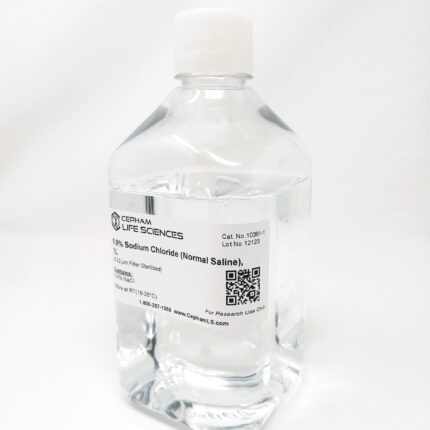General Description
TMAC Hybridization Buffer contains 3M (CH3)4N(Cl) [Tetramethyl ammonium chloride], 50mM Tris, 1mM EDTA and 0.1% SDS at pH 8.0. The TMAC buffer is prepared in molecular grade 18 megohm water and is supplied as 0.22 μm filtered sterilized with no DNAse and RNase activity.
Tetramethylammonium present in the TMAC Hybridization Buffer binds AT-rich DNA polymers while concomitantly abolishing the preferential melting of AT versus GC base pairs. TMAC buffer selectively raises the stability of A:T base pairs to approximately that of G:C base pairs and increases hybridization specificity (1-4). TMAC Buffer is used in these studies to reduce the effect of sequence composition, when comparing different probes of the same length.
References:
- Shapiro,J.T., Stannard,B.S. and Felsenfeld,G. (1969) The binding of small cations to deoxyribonucleic acid. Nucleotide specificity. Biochemistry, 8, 3233–3241. 12.
- Melchior,W.B. Jr and Von Hippel,P.H. (1973) Alteration of the relative stability of dA-dT and dG-dC base pairs in DNA. Proc. Natl Acad. Sci. USA, 70, 298–302. 13.
- Wood,W.I., Gitschier,J., Lasky,L.A. and Lawn,R.M. (1985) Base composition-independent hybridization in tetramethylammonium chloride: a method for oligonucleotide screening of highly complex gene libraries. Proc. Natl Acad. Sci. USA, 82, 1585–1588. 14.
- Jacobs,K.A., Rudersdorf,R., Neill,S.D., Dougherty,J.P., Brown,E.L. and Fritsch,E.F. (1988) The thermal stability of oligonucleotide duplexes is sequence independent in tetraalkylammonium salt solutions: application to identifying recombinant DNA clones. Nucleic Acids Res., 16, 4637–4650



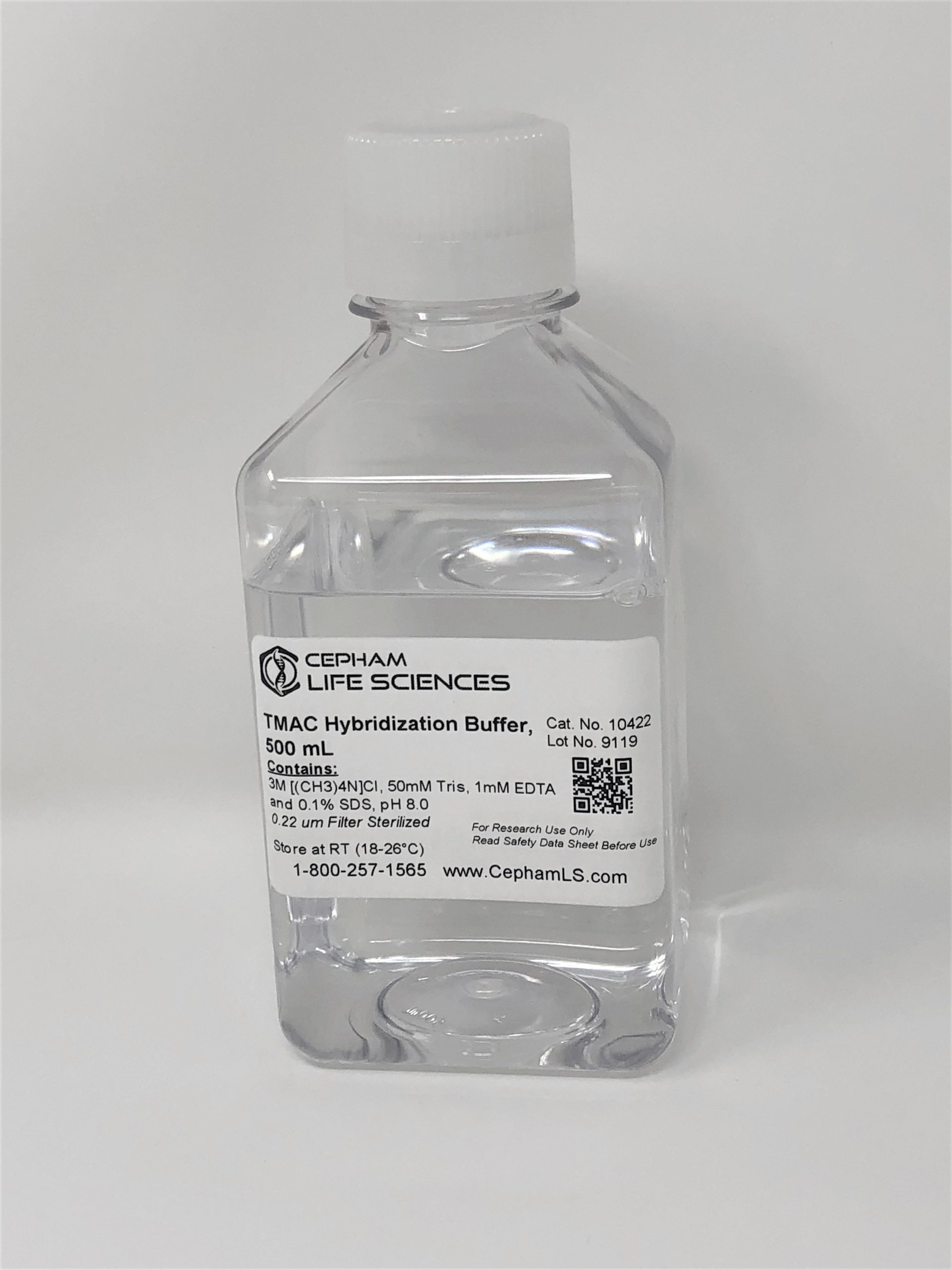
![TMAC Hyb Solution [3X] (3M [(CH3)4N]Cl TMAC Hyb Solution [3X] (3M [(CH3)4N]Cl](https://www.cephamls.com/wp-content/uploads/2019/02/10422-1.jpg)
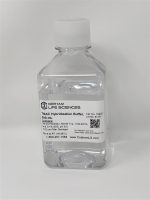
![TMAC Hyb Solution [3X] (3M [(CH3)4N]Cl](https://www.cephamls.com/wp-content/uploads/2019/02/10422-1-150x91.jpg)
![TBST [10X]; Tris buffered saline with Tween-20 (100mM Tris.HCl, 1.5M NaCl, 0.5% Tween-20, pH 7.5)](https://www.cephamls.com/wp-content/uploads/2019/02/TBST-Buffer-10X-1L-430x430.jpg)
![Tris-Glycine [10X] (0.25M Tris](https://www.cephamls.com/wp-content/uploads/2019/02/10431-4-294x300.jpg)

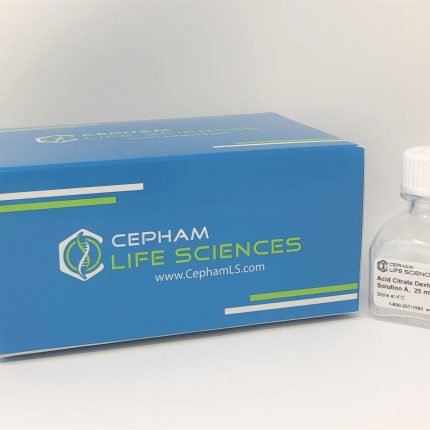
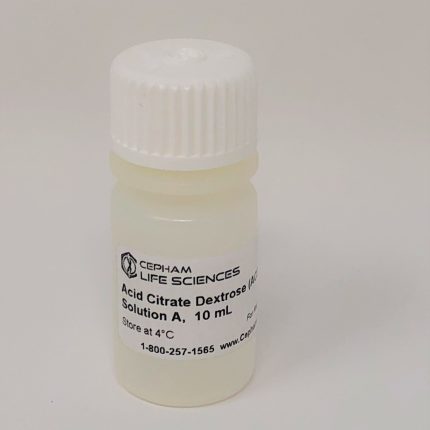
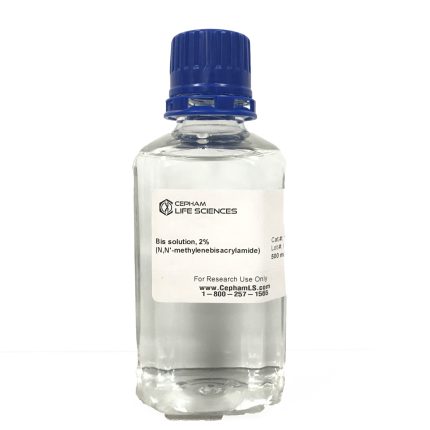
![Calcium chloride [1M]](https://www.cephamls.com/wp-content/uploads/2019/02/10363-Calcium-chloride-1M-125-ml-scaled-430x430.jpg)
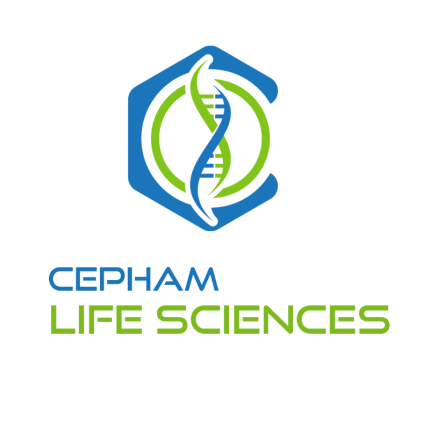
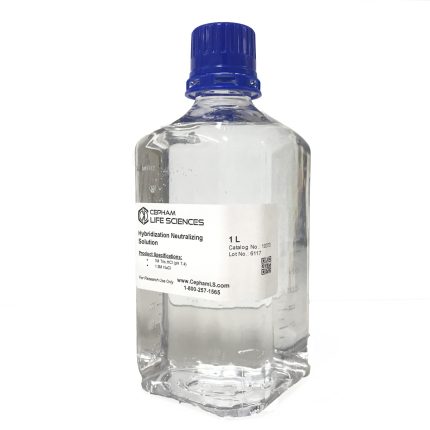
![Magnesium Chloride [1M]](https://www.cephamls.com/wp-content/uploads/2019/02/10376-Magnesium-chloride-1M-125-ml-scaled-430x430.jpg)
![MES-SDS Running Buffer [20X]](https://www.cephamls.com/wp-content/uploads/2019/02/10378-MES-SDS-Running-Buffer-20X-500-ml-scaled-430x430.jpg)
